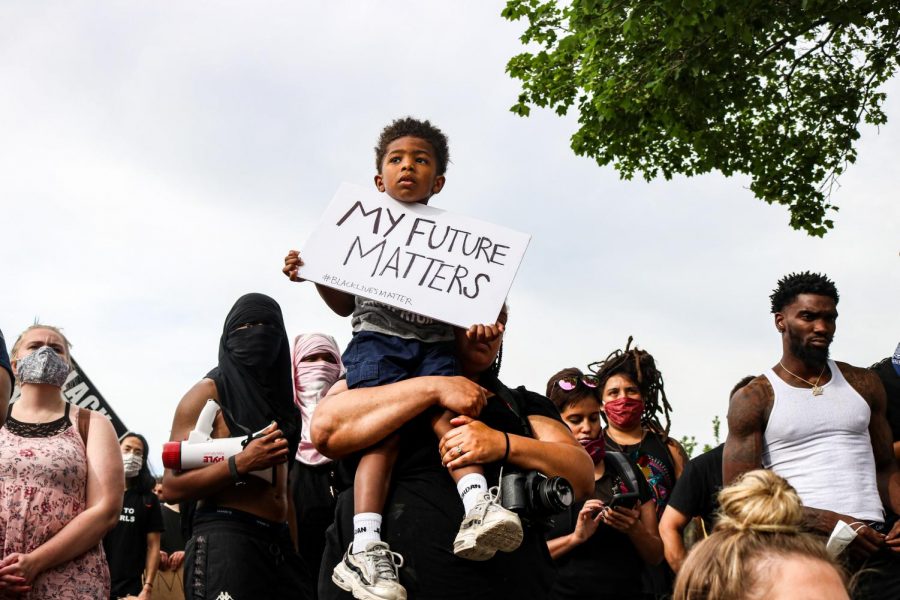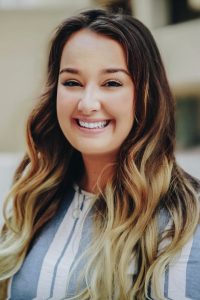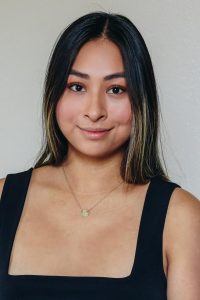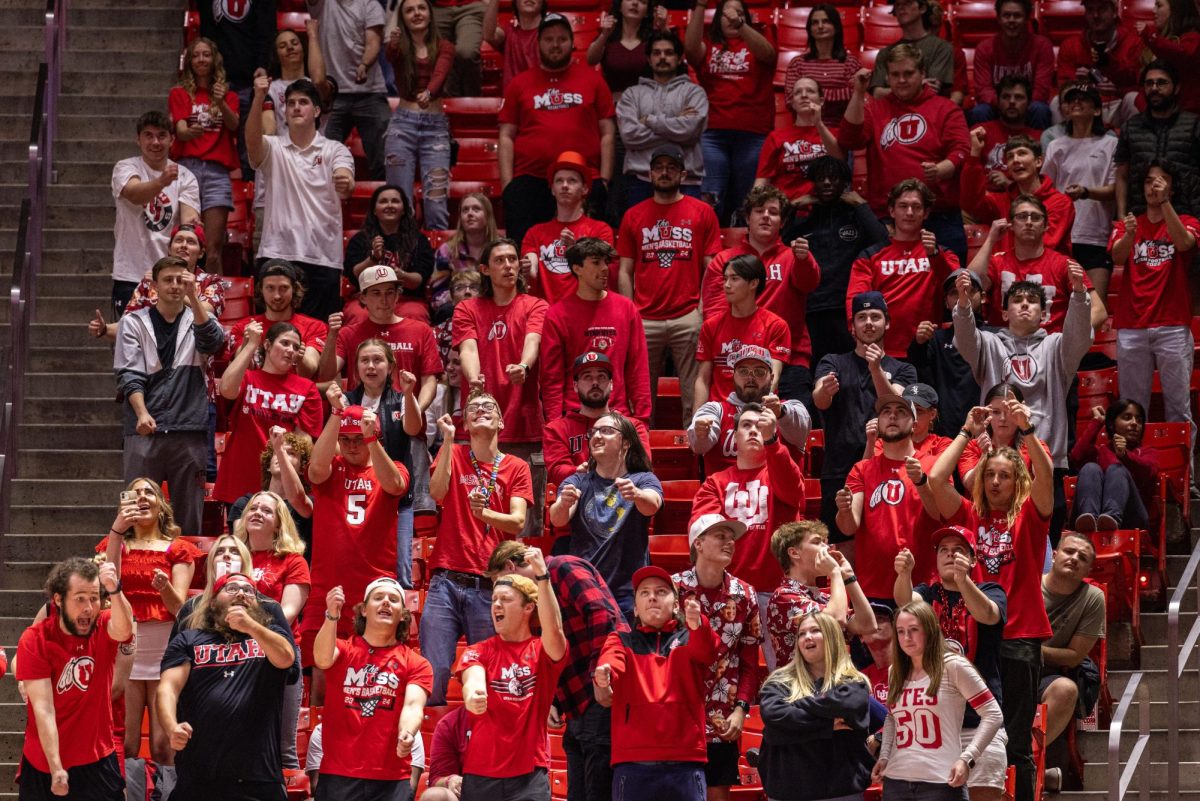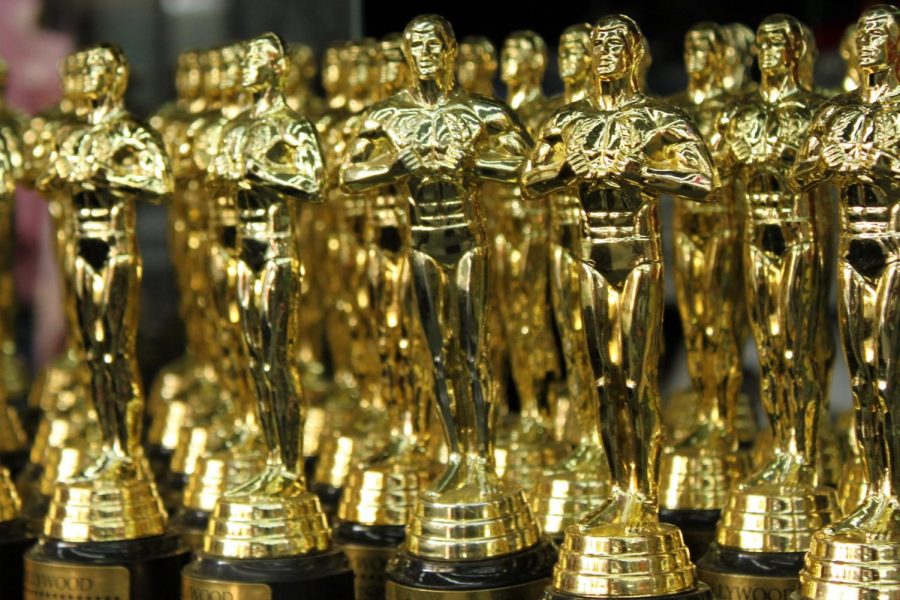ASUU President Speaks at Utah Black Town Hall’s Discussion on Black Mental Health during COVID-19 and #BlackLivesMatter
Julius Rowe Jr. and his mother Danielle Rowe at the Black Lives Matter Protest at the Utah Capitol in Salt Lake City on June 4, 2020. “He wanted to come and show his support and show that he is a little Black boy and he wants to have a future,” Danielle Rowe said. (Ivana Martinez I Daily Utah Chronicle)
June 22, 2020
On June 19, the Utah Division of Multicultural Affairs held the annual State of Black Utah Town Hall. The theme this year was “Mind, Body & Spirit: Black Mental Health In the Midst of Crisis.” The event was held in the midst of national outrage against police brutality against Black people and the COVID-19 outbreak that has disproportionately affected people of color.
Featured speakers included Jazzalyn Livingston, the National Program Manager of the NAACP Youth and College Division, Gregory Noel, a psychological counselor at the Weber State University Counseling & Psychological Services Center, and Ephraim Kum, ASUU student body president. The conversation was moderated by officials from the Weber State University NAACP Youth and College Division.
Noel discussed some of the mental health issues that the Black community faces. A significant increase has been observed in depression, anxiety and suicide rates amongst Black youth and young adults during the pandemic.
He addressed how anxiety and depression can be brought on by racial trauma, which he defined as a combination of ancestral history, the relationship with society and the vicarious trauma that is experienced when seeing other Black people and their trauma.
“Although the Black community is resilient … We are susceptible to the hurt and the pain that comes from feeling unsafe, feeling that anxiety of ending up like George Floyd, ending up like Ahmaud Arbery … These are real issues that run through our minds,” Noel said.
Noel also addressed the lack of representation of people of color amongst mental health professionals and the general mistrust that the Black community feels toward mental health providers.
“As people of color, Black people, what’s important is finding a therapist that’s able to hold space for our truth, our lived experiences as Black individuals who know the struggles and the ills of racism for them to be able to sit in their discomfort,” Noel said.
The next speaker, Jazzalyn Livingston, focused on Black mental health in the age of the Black Lives Matter Uprising and COVID-19.
“We are all enduring kind of collective trauma, and even more so, Black people are dealing with two pandemics – the COVID-19 pandemic and the ongoing pandemic of racism,” Livingston said.
Livingston explained the historical difficulties that the Black community has experienced and continues to experience with health care in general in the United States. Lack of financial resources present a barrier to mental health resources, which has been exacerbated by COVID-19 and the consequential unemployment, which has affected Black people disproportionally.
In addition to the financial barriers faced by the Black community, access is also limited to what Livingston referred to as “culturally competent therapists.” Some Black individuals have sought mental health services only to find racism and discrimination being perpetuated in spaces that are supposed to be healing and safe.
Livingston also discussed the increased suicide rate amongst the Black population during the pandemic. She referred to social distancing and resulting isolation as factors in the increase, as well as reoccurring images of Black death from both COVID-19 disproportionately taking lives of Black people and police violence.
“We’re risking our health and well-being during a pandemic to fight for justice, to ensure that that reality doesn’t continue to exist, and in the midst of all that, we’re still trying to find joy,” Livingston said.
Some of her suggestions for healthy coping strategies were to take a step back from protesting when needed for self-care, exercise and movement, finding opportunities for social connection, sharing your truth unapologetically and monitoring media intake.
“We know we want to be on the ground, we want to be in the know, we want to know what’s happening, because there’s a lot of movement that is happening right now. But if you are not well, then how can you be a part of that movement?” Livingston said.
To conclude her message, Livingston encouraged participants, especially youth participants, to advocate for more allocation of community mental health resources and to continue to advocate for change.
The final speaker, Ephraim Kum, discussed wellness from a holistic point of view.
“In my experience and that of a lot of my peers, family and friends, I’ve learned that race often compounds a lot of different aspects of wellness,” Kum said.
Some obstacles to wellness that Kum referred to were the racial wealth gap, microaggressions or racist jokes at school or in the workplace and the stigmatization of mental health.
Kum also addressed the effect that COVID-19 has had on the Black community and how to combat it.
“We have to disproportionately reach out to Black communities because they’ve been disproportionately left out for far too long,” Kum said.
Kum closed his message by urging members of the Black community to support each other and lift each other.
“We all have the common enemies of racism and injustice and neither of those things care whether we’re unified or not,” Kum said.
A full recording of the town hall is available on the Utah Division of Multicultural Affair’s Facebook page.


